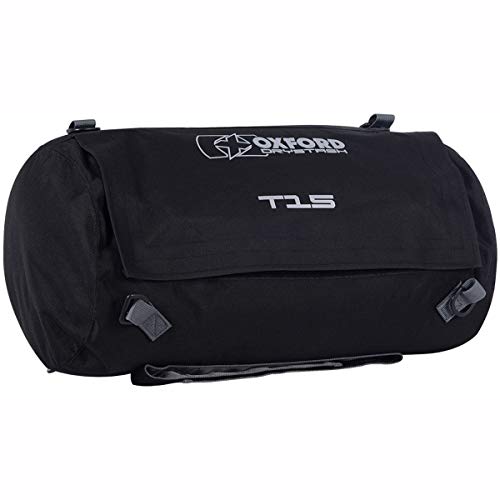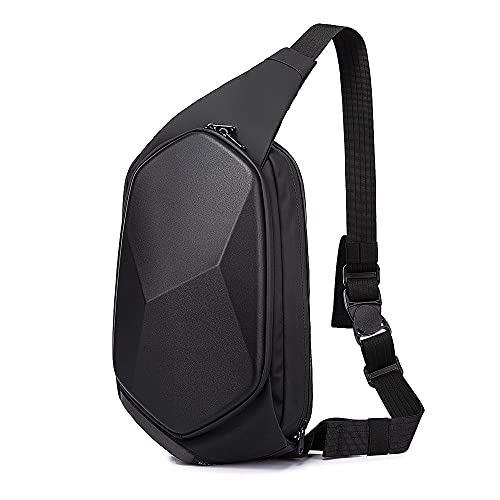Donal
Well-known member
The brake system 'breathes' though a port in the cover of the master cylinder reservoir. Every time the temperature changes the air expands or contacts and expels or draws in ambient air............Someone again please explain to me how brake fluid in a closed system gets exposed to moisture-filled air...
I mean, really, if the brake sysem is open to the air to absorb humidity, wouldn't the system constantly be squirting brake fluid out of the opening every time you used the brakes???










































